British Slang: Unpacking the Lingo
Ever found yourself scrolling through TikTok, hearing phrases like “blimey” or “cheers” and wondering what in the world they mean? You’re not alone! British slang is packed with terms that can be as confusing as they are colorful. 🤔 Let’s dive deep into what British slang really is and how to use it without getting left in the lurch.
British slang is more than just quirky words; it’s a vibrant part of the UK’s cultural identity. Used widely by all ages, this informal language can be hilarious, quirky, or downright baffling if you’re not in the loop. So, whether you’re binge-watching a British series or trying to impress your British friends online, understanding British slang can make your conversations a whole lot smoother. Let’s break it down!
| Meaning | A type of informal language used in the UK, often full of character. |
| Usage | Commonly used in social media, texting, and everyday conversation. |
| Example | Cheers for that, mate! |
What is British Slang?
At its core, British slang is informal language that communicates emotions, opinions, and ideas with flair! From “wanker” to “gobsmacked,” it’s used in casual settings and can often vary from region to region. Think of British slang as the seasoning that adds flavor to the otherwise basic structure of the English language. 📚 This slang has evolved over centuries and remains integral to modern communication.
What Does British Slang Mean in Text?
Using British slang in texts is like adding stickers to a postcard—it’s all about personal flair! Imagine texting your mate, I’m feeling chuffed today! instead of “I feel happy.” It’s more authentic and instantly relatable. But a few key aspects can sharpen your slang game in texting:
- Context Matters: Use context clues to help convey your message. If your friend is upset, saying “Don’t get all bogged down!” makes it clear you’re lightening the mood.
- Emojis Add Context: A cheeky phrase can sound more playful with a well-placed emoji. 😜
- Avoid Overuse: Too much slang can come off as trying too hard. Balance is key!
The Scoop on British Slang in Social Media
Let’s dive into how British slang pops up across various platforms. Social media is where trends explode, and slang evolves faster than you can type “LOL.” Here’s how British lingo fits into the biggest platforms:
On Instagram, you might see slang in captions or comments like “Blimey, that’s stunning!” to express surprise. British users often throw in common phrases to engage followers and show personality. Authenticity thrives here, and slang spells out a more relatable vibe.
TikTok
On TikTok, slang terms are often featured in challenges or skits. You might hear someone say, “I’m knackered after that workout!” to describe exhaustion. TikTok utilizes slang in a fun way to create relatable content that resonates with young audiences.
Over on Reddit, users might share funny anecdotes punctuated with British slang. A post could read, “Had a right laugh last night, proper funny!” This usage fosters community and gives posts a distinct flavor.
On Twitter, brevity is key, so slang becomes a tool for punchy wit. A tweet might go, “Just got called a muppet at work. Classic!” Slang here makes for engaging tweets that capture attention quickly.
Popularity & Trends
British slang has roots extending back centuries, reflecting the working-class origins and defying societal norms, often used to confound the upper classes. From Shakespeare’s jests to today’s TikTok trends, this lingo adapts with the times. During the 1960s, phrases like “cool” and “naff” spread through pop culture, while modern slang often sprouts from youth culture and online gaming.
Today, British slang’s appeal has exploded thanks to global content and social media. Memorable British shows and films often introduce catchy phrases that spread like wildfire—think “bloody hell!” or “taking the piss”—making even US spinoffs add a bit of Brit flair! 🌍
Examples of British Slang
To give you a taste of what to sprinkle into your conversations, here are some classic examples you can use:
- Cheers: Thank you (e.g., “Cheers for the ride!”)
- Blimey: Wow or shock (e.g., “Blimey, did you see that?”)
- Bugger off: Go away (e.g., “I’m busy, bugger off!”)
- Getting pissed: Getting drunk (e.g., “We’re getting pissed tonight!”)
- No worries: Don’t worry about it (e.g., “It’s cool, no worries!”)
Conclusion
Now you’re all set to dive into the colorful world of British slang! From “chuffed” to “gobsmacked,” understanding this lingo makes your conversations more relatable and fun. It can help you bond with friends or acquaintances who already utilize this engaging form of communication. Still, always keep context in mind; not all slang is suitable for every situation. So, what are you waiting for? Start sprinkling in some British slang and watch your chats bloom with personality! 🌟

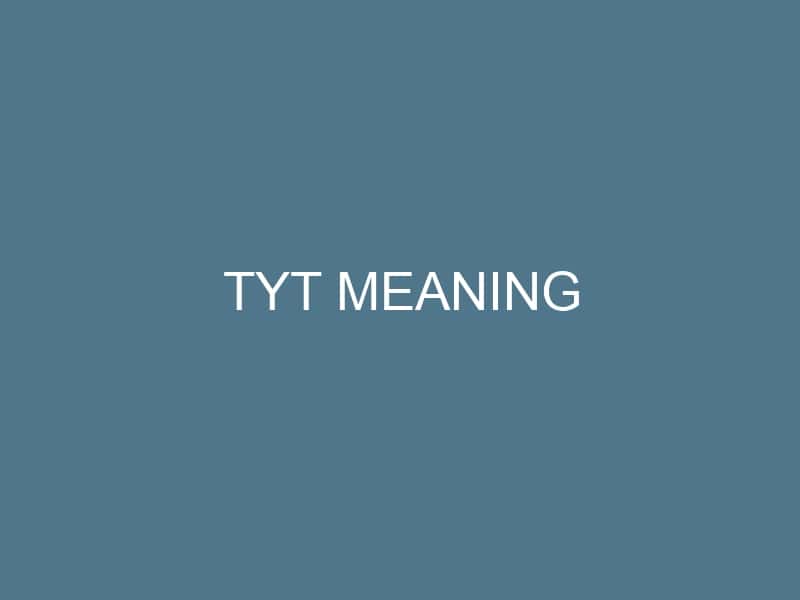
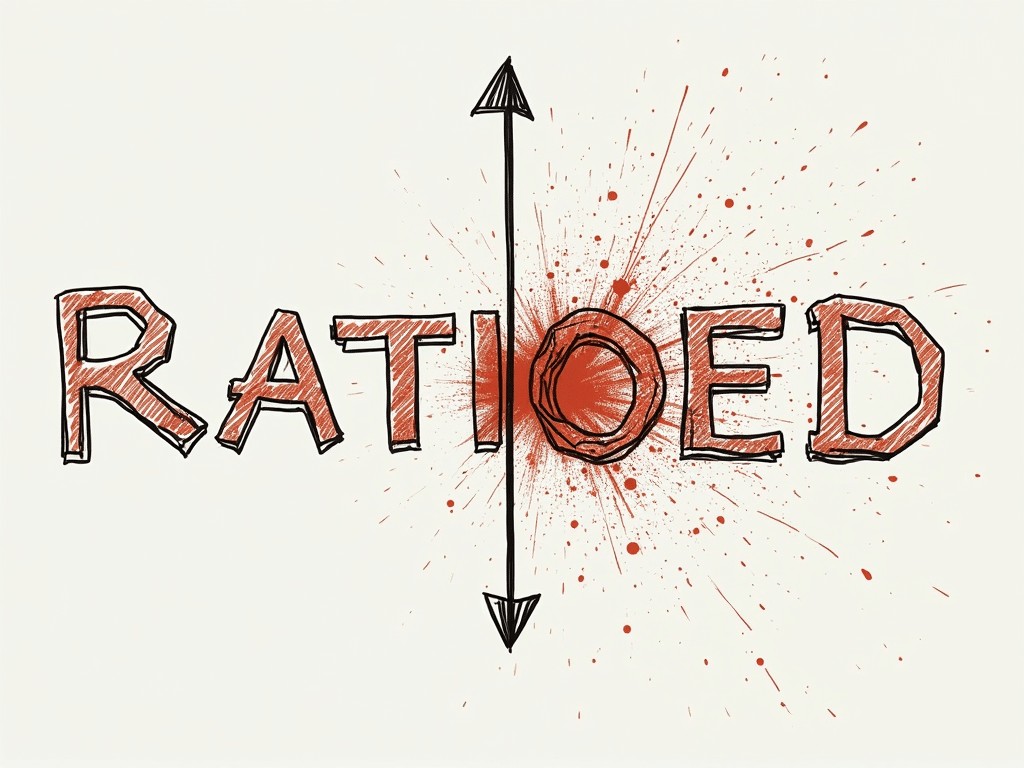
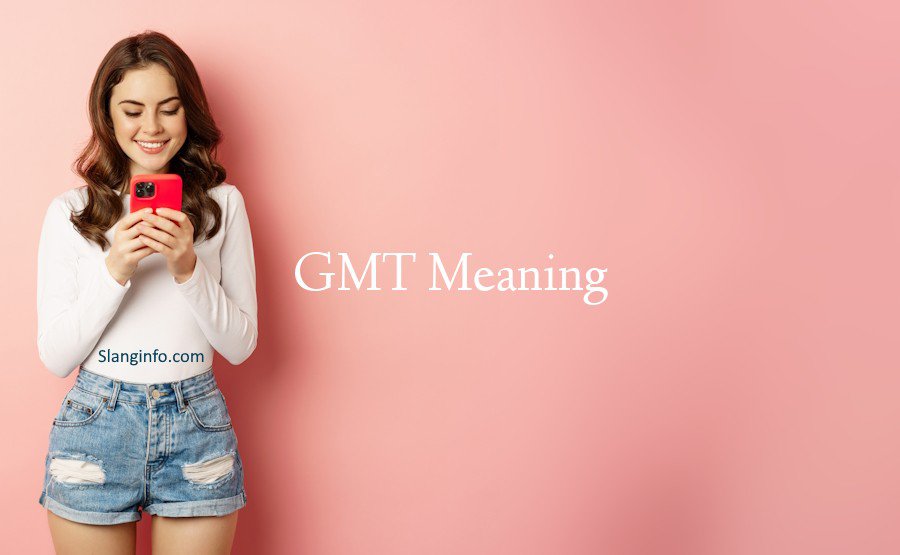
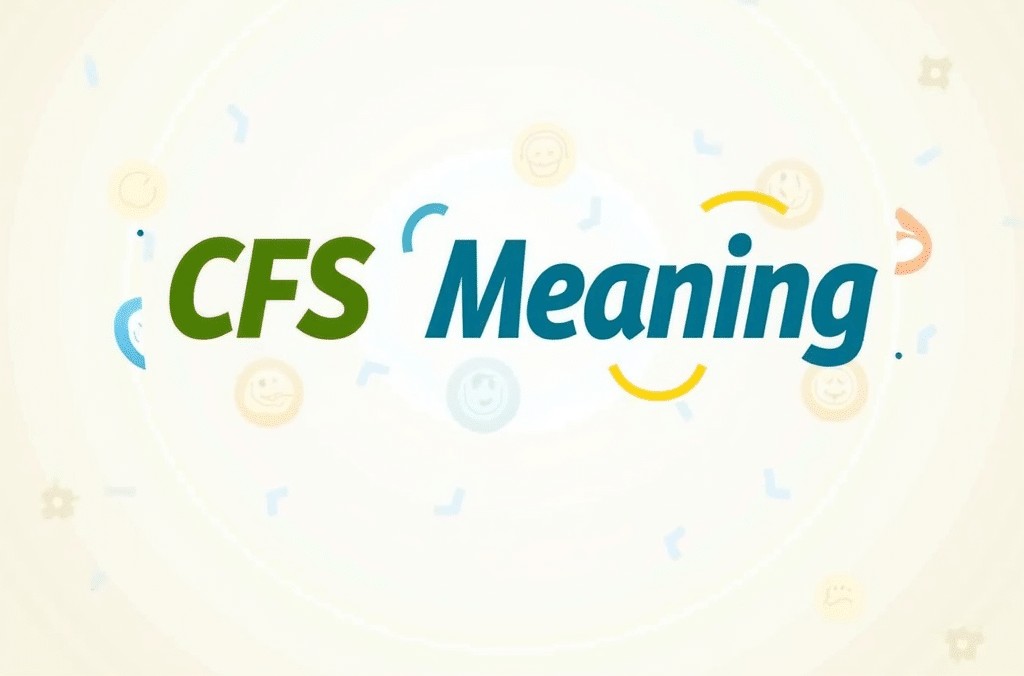
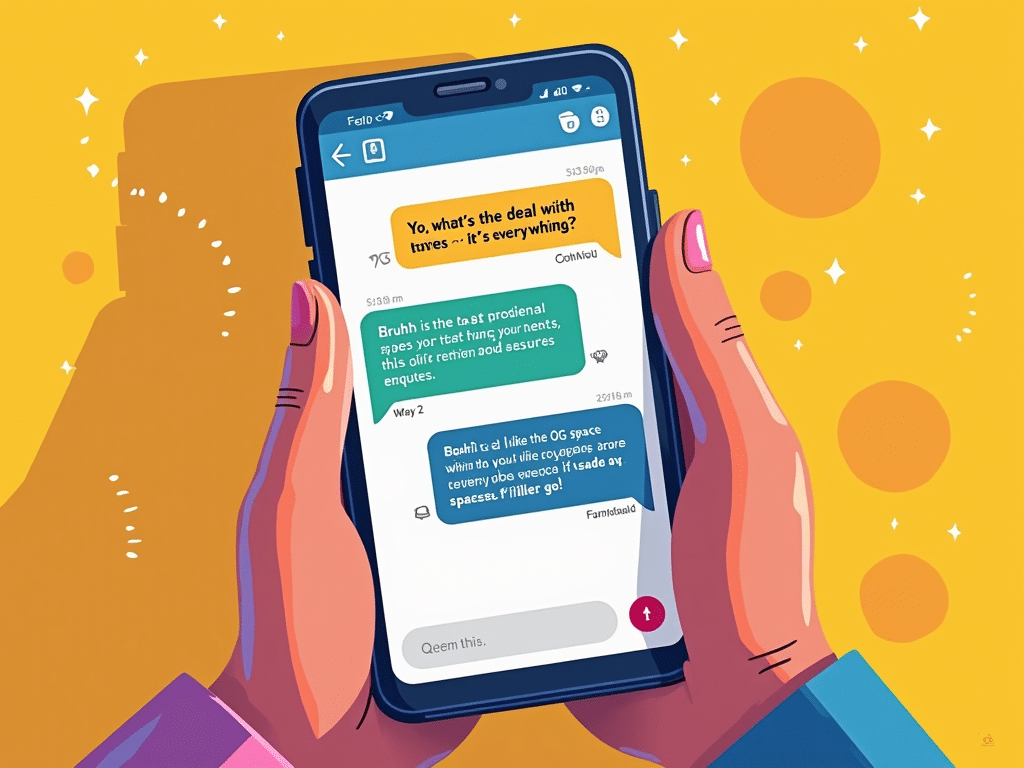
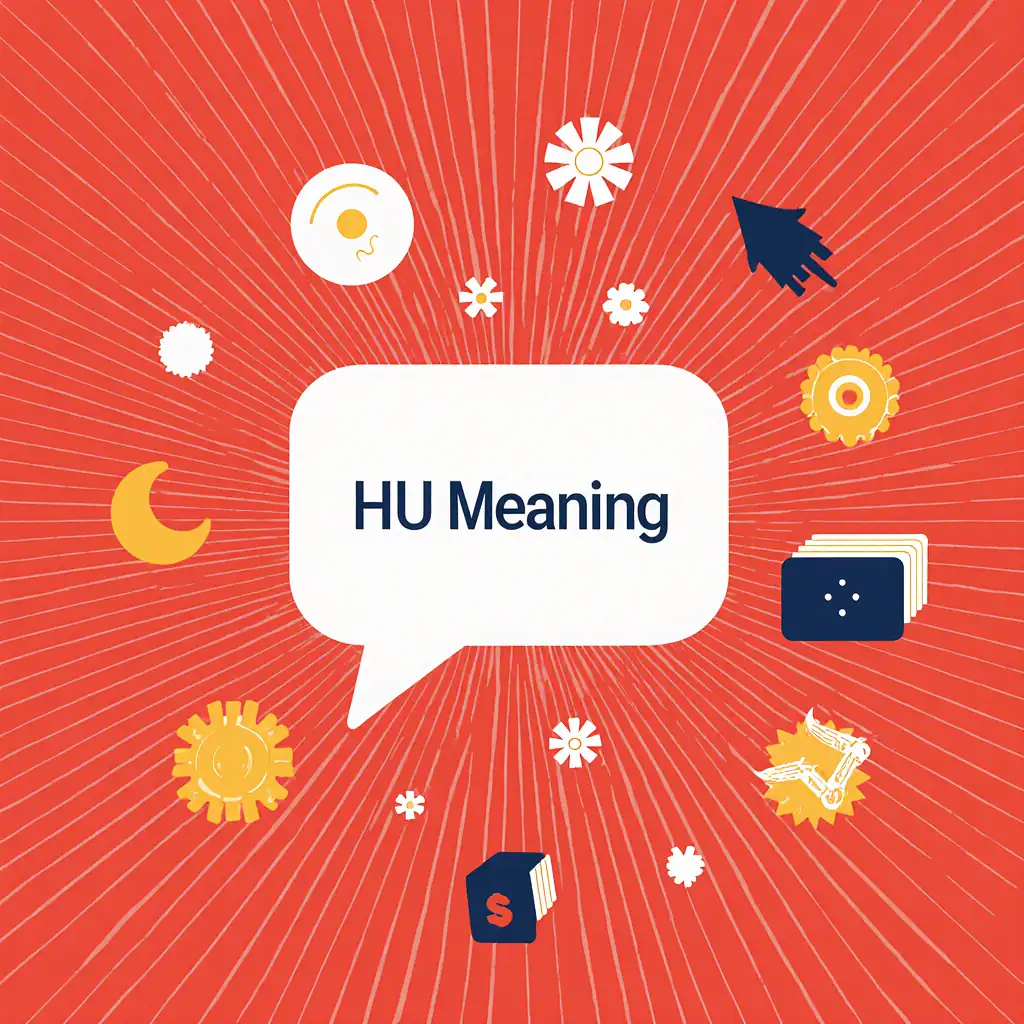
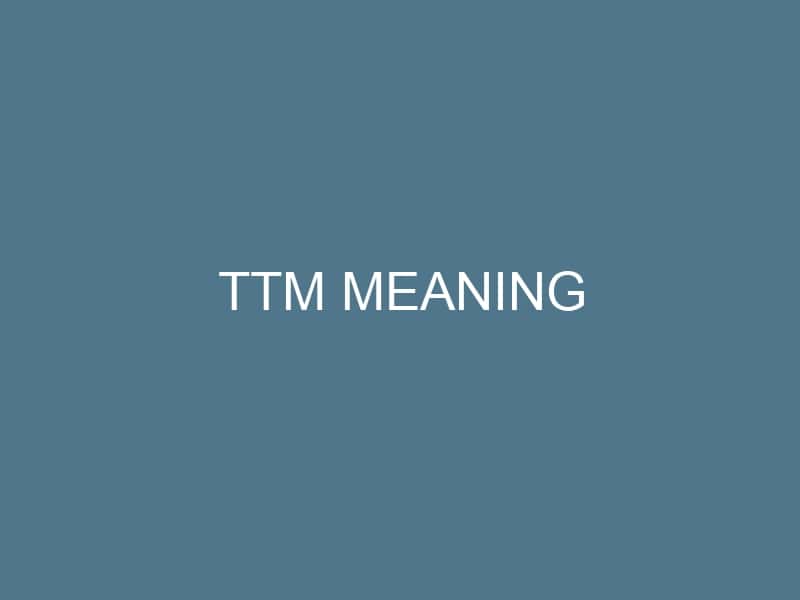
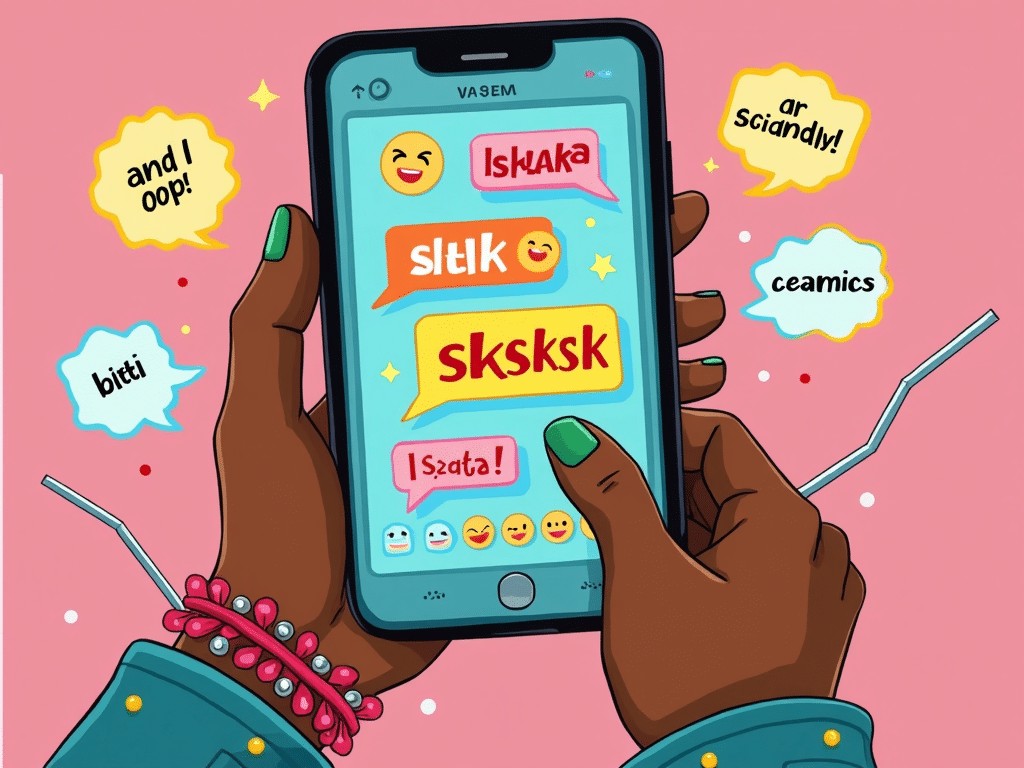
Pingback: Irish slang – Slanginfo.com
Pingback: Australian slang – Slanginfo.com
Pingback: Gen Z Slang » Slang Examples 2024» SLANGINFO.com
Pingback: New York Slang » Slang Examples 2024» SLANGINFO.com
Pingback: OMM Meaning » Decode Internet Slang » SLANGINFO.com
Pingback: WILDIN » Decode Internet Slang » SLANGINFO.com
Pingback: Indonesian Slang: A Guide To 20 Essential Words » Decode Internet Slang » SLANGINFO.com
Pingback: American Vs British Slang » Decode Internet Slang » SLANGINFO.com
Pingback: Top 10 Texting Slang Words » Decode Internet Slang » SLANGINFO.com
Pingback: What Does Aura Mean? » Decode Internet Slang » SLANGINFO.com